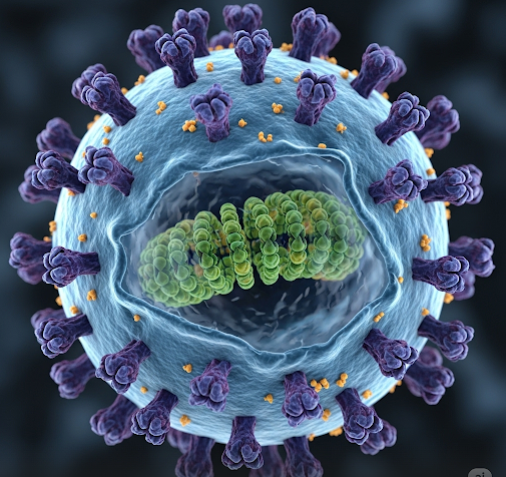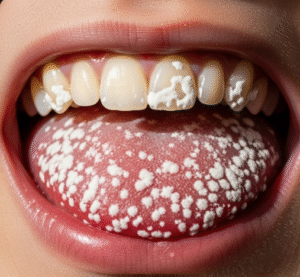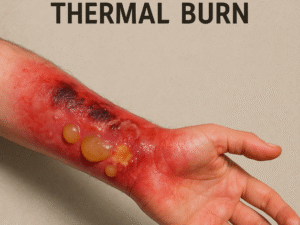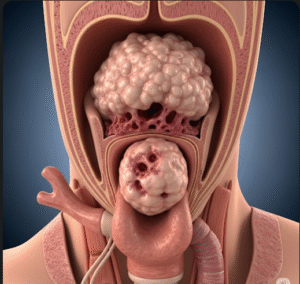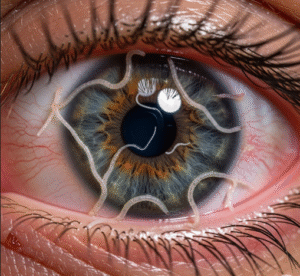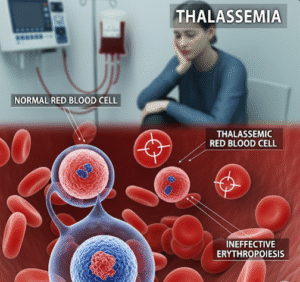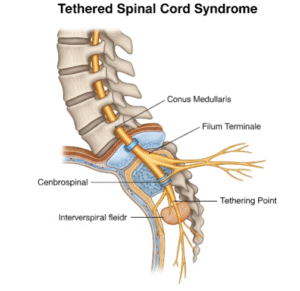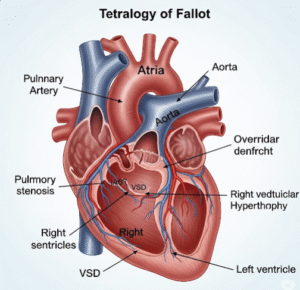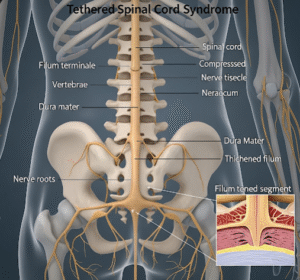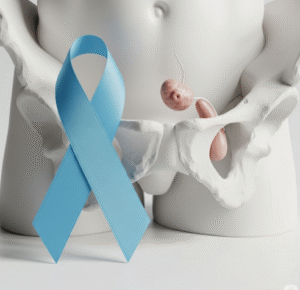Overview
Respiratory Syncytial Virus (RSV) is a common and highly contagious virus that causes respiratory infections, particularly in infants, young children, and older adults. It is a leading cause of bronchiolitis and pneumonia in children worldwide. In Korea, pediatric and infectious disease specialists provide prompt diagnosis and supportive care to manage RSV infections and prevent complications.
What is Respiratory Syncytial Virus (RSV)?
RSV is a viral infection affecting the respiratory tract, causing inflammation of the airways and lungs. It spreads easily through droplets from coughs or sneezes and by touching contaminated surfaces. RSV infections peak during the fall and winter months.
Symptoms
- Runny nose and nasal congestion
- Coughing and wheezing
- Difficulty breathing or rapid breathing
- Fever
- Decreased appetite and irritability in infants
- In severe cases, apnea or respiratory distress
Causes
- Infection with Respiratory Syncytial Virus transmitted via respiratory secretions
- Close contact with infected individuals or contaminated surfaces
Risk Factors
- Infants, especially those under 6 months
- Premature birth or low birth weight
- Chronic lung or heart disease
- Weakened immune system
- Exposure to tobacco smoke or crowded living conditions
Complications
- Bronchiolitis and pneumonia
- Severe respiratory distress requiring hospitalization
- Dehydration due to feeding difficulties
- Rarely, long-term respiratory problems such as asthma
Prevention
- Frequent handwashing and good hygiene practices
- Avoiding close contact with sick individuals
- Cleaning and disinfecting surfaces and toys
- Breastfeeding to boost infant immunity
- Palivizumab (a monoclonal antibody) injections for high-risk infants in Korea
Treatment Options in Korea
Korean pediatric and infectious disease specialists provide supportive care for RSV:
- Supportive Therapy: Oxygen therapy, suctioning of nasal secretions, and hydration to relieve symptoms.
- Hospital Care: For severe cases, respiratory support such as mechanical ventilation may be required.
- Medications: No specific antiviral drugs for RSV; treatment focuses on symptom relief.
- Preventive Measures: Use of palivizumab for high-risk infants and public health education on infection control.

